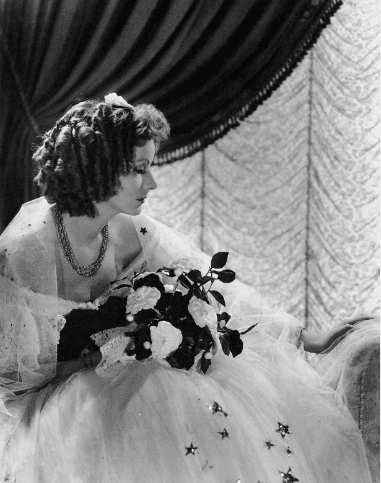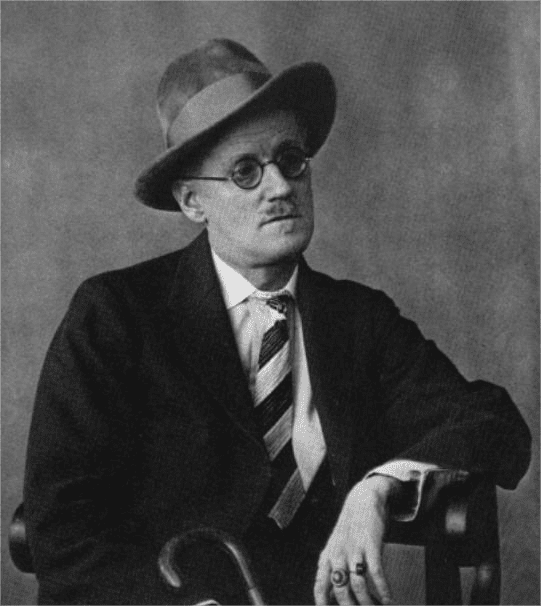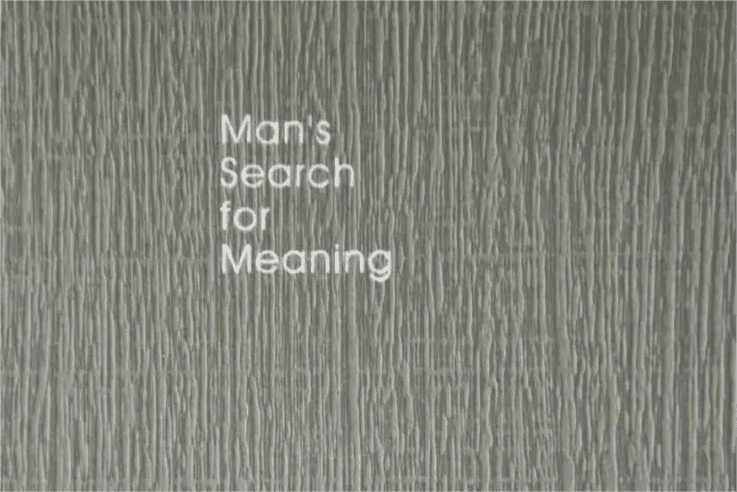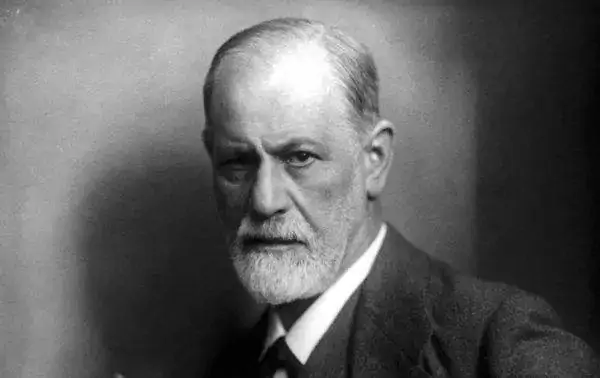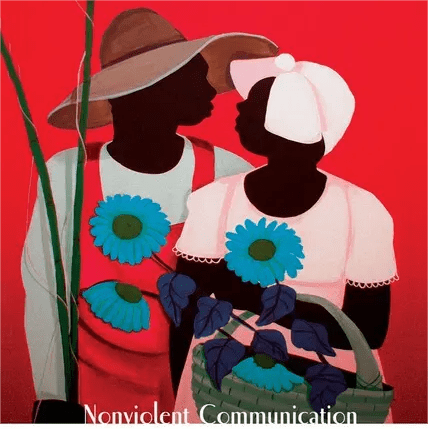“The Lady of the Camellias” is Dumas Jr. ‘s first work, is also his success. The story is a true story that happened to him.
He had once loved a prostitute, Marie, but abandoned her, and when he returned to Paris, he was gone. Out of self-reproach and deep guilt, Dumas Jr. Completed The Lady of the Camellias. It is love and guilt for Mary that makes his Margaret so perfect, so selfless. All the mistakes, all the faults, he blamed on that twisted capitalist society and on that selfish and paranoid Armand — himself.
In the story of The Lady of the Camellias, Margaret is a prostitute who is not tolerated by the guardians, but she is more perfect than any chaste saint.
She is kind and simple, dare to pursue true love, tolerant, understanding, for love dare to sacrifice and dedication. She can give up her life, her hopes, even her life, for the sake of a lover.
She was a well-kept, extravagant prostitute of the upper class.
When she met Armand, she immediately became a young woman in love.
When she has the courage to pursue true love, in order to be with Armand, the courage to cut off all ties with the past, no longer in the vanity of destruction, she is like a dare to love and dare to hate the fierce girl.
When she sacrificed her own love and hope for Armand’s future, for the honor of the Duval family, she seemed like a saint of selfless sacrifice.
She is selfless. It is her selflessness that makes so many readers feel pity for her, love her, respect her and weep for her.
The story begins with “me” visiting an apartment that is up for auction and once housed a famous prostitute, Marguerite Gautier.
The ornate furniture and furnishings of the apartment, and the assorted jewelry in the dressing room, reveal the luxurious life of a prostitute.
Her life was luxurious because she had capital — her beauty and her infinite charm. Because of her beauty, let countless high society men in her lap.
“She is tall and a little too slender, but possessed of a prodigious talent, which a little arrangement of dress might have eliminated. … Her hair was very beautiful, very small and finely groomed… In a beautiful peach oval face, embedded in two black glasses, Dai curved eyebrows, like the general painting; The eyes were covered with thick lashes, which, when lowered, seemed to cast shadows on the blushing cheeks; The nose is delicate and graceful, full of aura. … That’s all there is to this charming face.”
She was a poor country girl, but poverty did not match her beauty. She deserves to have wealth. But for her, with no status, no skill or knowledge, no property, the only way she could get money to satisfy her vanity was to sacrifice her body.
When Armand reproached her for deceiving Count G by receiving him, she said: ‘My friend, if I were the Duchess, if I had an annual income of two hundred thousand livres, then whether I was your mistress or if I had another lover besides you, you would have the right to ask me why I deceived you. But I am Mademoiselle Marguerite Gautier, I am forty thousand francs in debt, I have no property, and I spend a hundred thousand francs a year. ‘
She had no property, no position, and she had lived on cheap labor, but it kept her poor. So the pursuit of wealth led her to prostitution. She once fumed when she was drunk: “I’m tired of seeing people who keep asking me for the same thing, who think they’re done with me by paying for me. But no, with the vanity of dresses and carriages and diamonds, to drag us into the fire. … One day, after destroying others and destroying ourselves, we shall die as silent as dogs.”
This extravagant life was the lifeblood of her existence, her life, the source of her life. “Even if I take good care of myself, I will die. What supports me is the wild and uninhibited life I lead. Besides, to take good care of ourselves is useful to the gentlewomen of family and friends, but we, as soon as we can no longer satisfy the vanity of our lovers and provide for their pleasure, they abandon us, and after the long nights the days are still like years.”
This is a vicious cycle, this is the life trajectory that she has to follow as a prostitute, she can only degenerate, can only indulge in material created by the lewd, luxurious, seemingly glamorous but actually dirty life.
Chastity had nothing to do with her, and the dirtier they spoke, the more she laughed. She was a scorned prostitute. But in Marguerite we could see a nobility which was not appropriate for a woman in her position. I, too, had met Marguerite, “who came every day in a little blue carriage with the shafts of two fine red horses. I noticed then that there was a nobility in her that was rare in her kind… ”
Although she has fallen in the material world, her bones reveal the nobility and innocence of a holy maiden. This is why she can accept Armand’s love like a young girl in love, but also very persistent and brave love Armand.
Although Margaret has had numerous lovers, but in true love she is a chaste virgin.
She had heard a lot of love, had been a lot of people’s mistress, but all the money and beauty of the deal, but not true love. So the true love is always in her heart, and it is the true love repressed in her heart that makes her look innocent and childlike.
In Armand’s eyes, Marguerite was an innocent, passionate, pure virgin.
“There is something simple about this woman. It can be seen that although she leads a life of indulgence, she still maintains her innocence. … In short, there is something of a virgin in this girl, except that she has made a mistake to become a prostitute, and this prostitute can easily become the most affectionate and pure virgin.”
This virgin quality is not only seen by Armand, but also by the “I” in the book. “It is hard not to wonder that Marguerite’s face, despite her sensual life, has taken on the look of the woman from whom she came, even with a childish characteristic.”
Although Marguerite sold her love, she never really loved anyone, so the love she gave Armand was the purest, the simplest, the most sincere love of a young girl.
In their love story, Marguerite always wants to get rid of the image of a prostitute, but she has to rely on the identity of a prostitute to maintain her relationship with Armand.
But Armand’s love was selfish and possessive, and he could not tolerate Marguerite having other lovers, even though he knew that she was a prostitute and that her luxurious life needed more than one lover to support her, and he knew that this was the source of her livelihood. But he couldn’t stand it. Even to the point of writing provocative and mocking letters that hurt Margaret’s love for her and her little pride.
“Instead of being satisfied, I wanted to monopolize everything and force her to cut off at one stroke the relationships from which she was going to make her living.”
But Margaret forgave him again and again. And gave him as much consideration as she could.
‘We women, when we have any conscience at all, speak and act in ways that other women know nothing about. So, I repeat to you, it is a consideration that Marguerite Gautier found a way to pay her debts, unlike you who want money…’
She arranged their affairs as much as she could, with consideration for Armand. She did not want to use his money. She did not want their relationship to be like prostitution.
In addition to the understanding and understanding of Armand, Marguerite is also brave to pursue true love, regardless of the consequences to maintain their love. She is not no lovely, just love without hesitation.
N count’s identity, status, money, and the pursuit of hard, can not make her moved, but Armand’s concern but let her fall in love with him. She threw herself at him, faster than any man, “because you held my hand when you saw my hemoptysis, because you cried, because you were the only one on earth who really wanted to feel sorry for me.”
She’s also trying to preserve their love, at all costs. It was because of Armand’s jealousy that Marguerite broke off all relations with her lovers and declared herself Armand’s lover, even at the risk of breaking up with the Duke. She loved him by cutting off the source of her life.
When Armand accused Marguerite of selling horses and clothes, and offered to pay off her debts, she said: ‘In a relationship like ours, if the woman has any pride, she should make all kinds of sacrifices by herself and not ask her lover for money, otherwise her love would be nothing less than prostitution.’
Because she was a prostitute, she was extremely sensitive to the trade of money and love. So she didn’t want their love to have anything to do with money.
She is planning their future, she is no longer vain, no longer extravagant, just want to be an ordinary woman waiting for the ordinary love.
Compared with her careful thinking and mature ideas, Armand seemed much more naive. He grieved at the loss of Marguerite’s carriage, her beautiful dress, her diamonds, and he had gone into debt to pay for their extravagance, even to the last of his fortune.
Marguerite, on the other hand, expressed her determination to stand with him through thick and thin. Instead of diamonds, carriages and fine clothes, she wanted to sell her luxurious home to pay off her debts, to get a small flat with low rent, and to live on Armand’s modest income.
But the arrival of Armand’s father destroyed Marguerite’s last hope.


